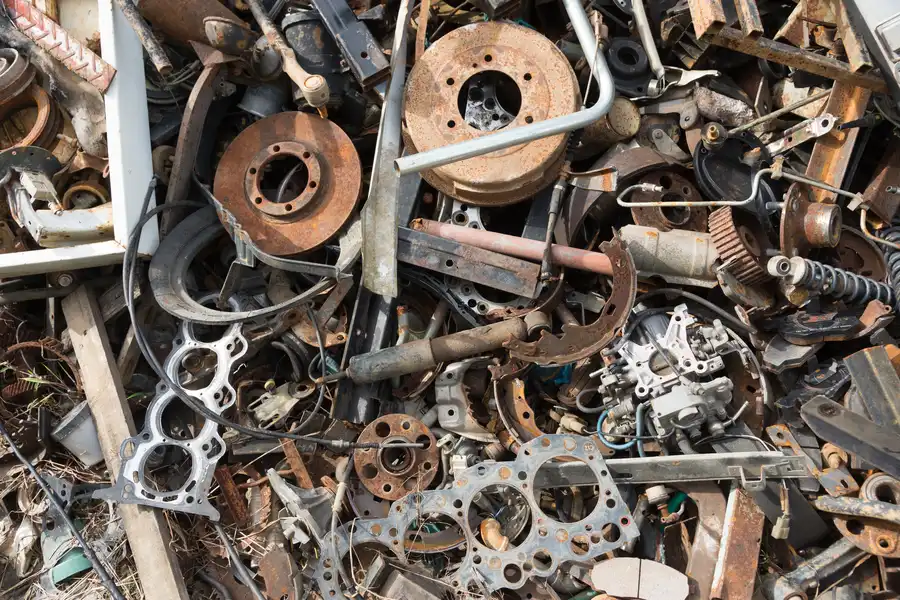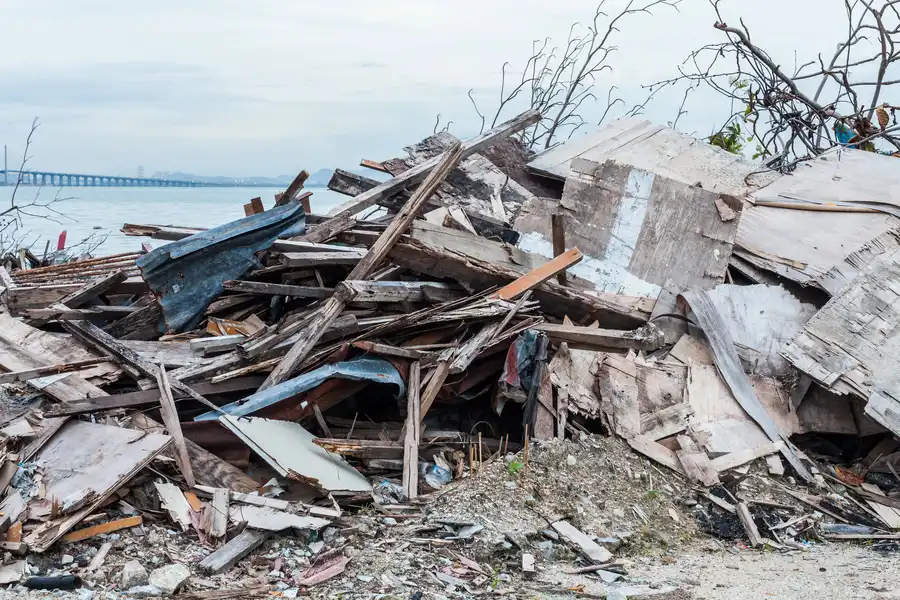How Metal Recycling Helps the Environment
Recycling plays a vital role in our environment. It helps reduce waste and conserve resources. One important aspect of recycling is metal recovery. It involves collecting and processing used metals for reuse. This process helps reduce the need to mine new raw materials. By reusing metals, we also save energy. This makes recycling beneficial for both the planet and the economy.
Steps Involved in Removing Metal Waste
When it comes to scrap metal removal, several steps ensure efficiency and safety. First, metal waste is collected from various sources like construction sites and homes. Next, the metals are sorted by type. Sorting is crucial because different metals require specific treatments. Then, the sorted metals are cleaned to remove any impurities. Finally, the cleaned metal is processed and ready for reuse. This cycle not only reduces waste but also supports sustainable practices.
Challenges Faced During Collection and Processing
Handling scrap metal removal is not without its challenges. One issue is the safe collection and transportation of heavy metal waste. Another challenge is sorting mixed metals effectively. Sorting requires specialized equipment and trained personnel. Additionally, cleaning metals can be labor-intensive and costly. Despite these challenges, efficient metal recovery systems address these issues successfully.
Benefits of Using Recycled Metals
Using recycled metals offers numerous benefits. It reduces the environmental impact by cutting down on mining activities. Recycled metals also cost less than newly mined ones, offering cost savings. Furthermore, recycling conserves energy significantly. The energy saved from recycling metals can power homes and industries. These advantages make recycling an appealing choice for businesses and individuals alike.
Practical Tips for Effective Recycling Practices
To maximize the benefits of recycling, consider these practical tips:
- Sort your metals by type before sending them for recycling
- Remove any non-metal attachments or contaminants
- Partner with reputable recycling companies for assistance
Understanding Industry Standards and Guidelines
The scrap metal industry follows strict standards and guidelines. These standards ensure safety and efficiency throughout the process. For instance, the Occupational Safety and Health Administration (OSHA) sets rules for worker safety during collection and processing. Meanwhile, Environmental Protection Agency (EPA) regulations ensure environmentally friendly practices. Adhering to these guidelines ensures quality and compliance in metal recovery operations.
Cost Considerations in Recycling Processes
The cost of metal recycling is influenced by several factors. The price of raw materials and demand in the market play a significant role. Also, the location and volume of scrap metal affect transportation costs. Despite initial expenses, using recycled metals offers long-term savings. Businesses can enjoy reduced material costs and improved sustainability profiles.
Final Steps to Ensure Effective Metal Recycling
Incorporating recycled metals into your processes offers several advantages. They provide cost savings, energy efficiency, and sustainability. For more information on how Hackensack BBC Scrap Metal can help you with metal recovery services, contact us at (201) 283-9168. We are based in Hackensack, NJ, ready to assist with all your metal recycling needs.

